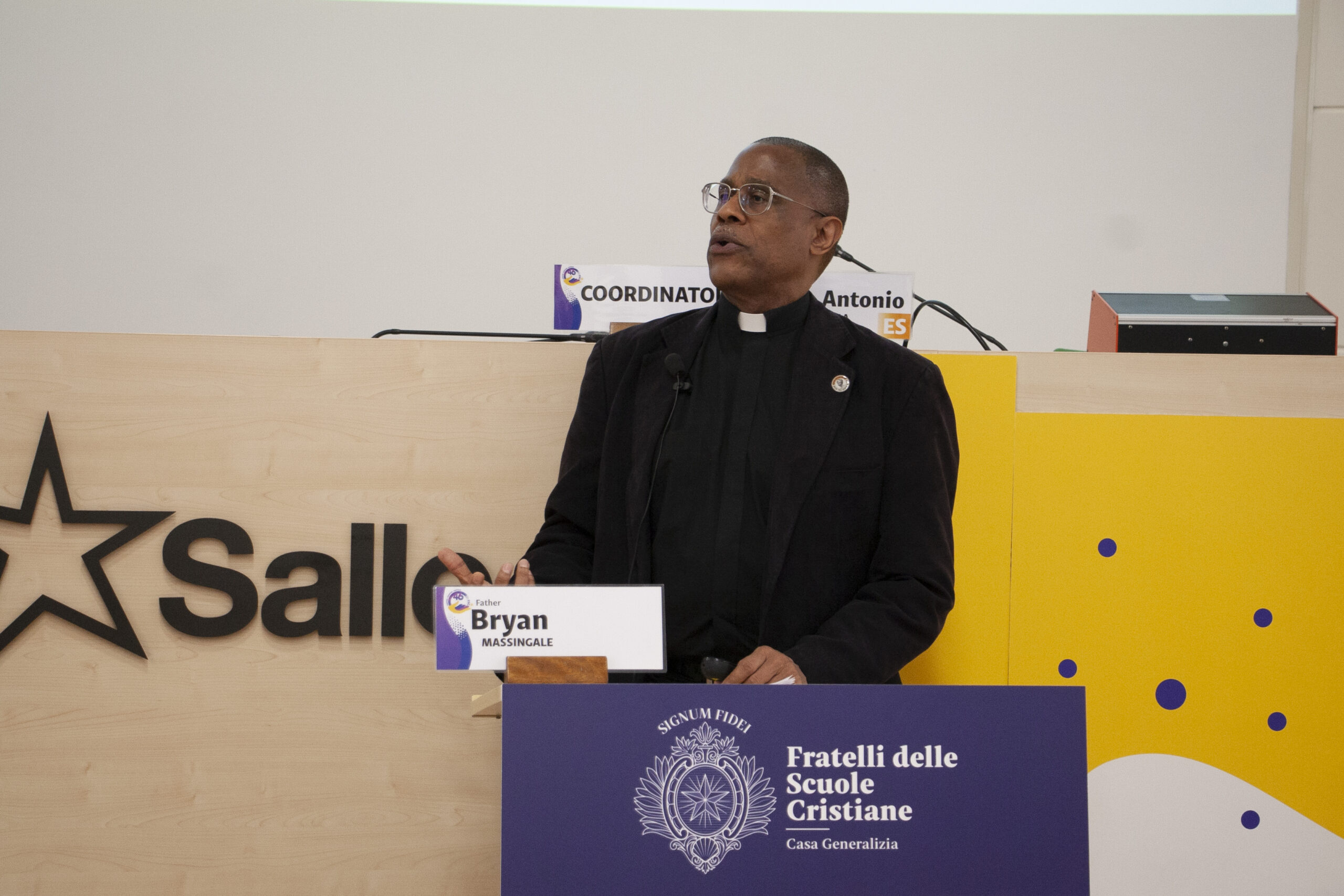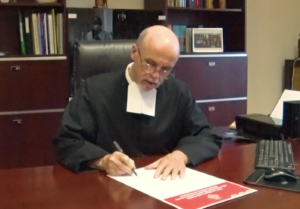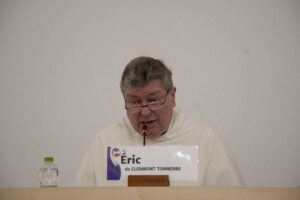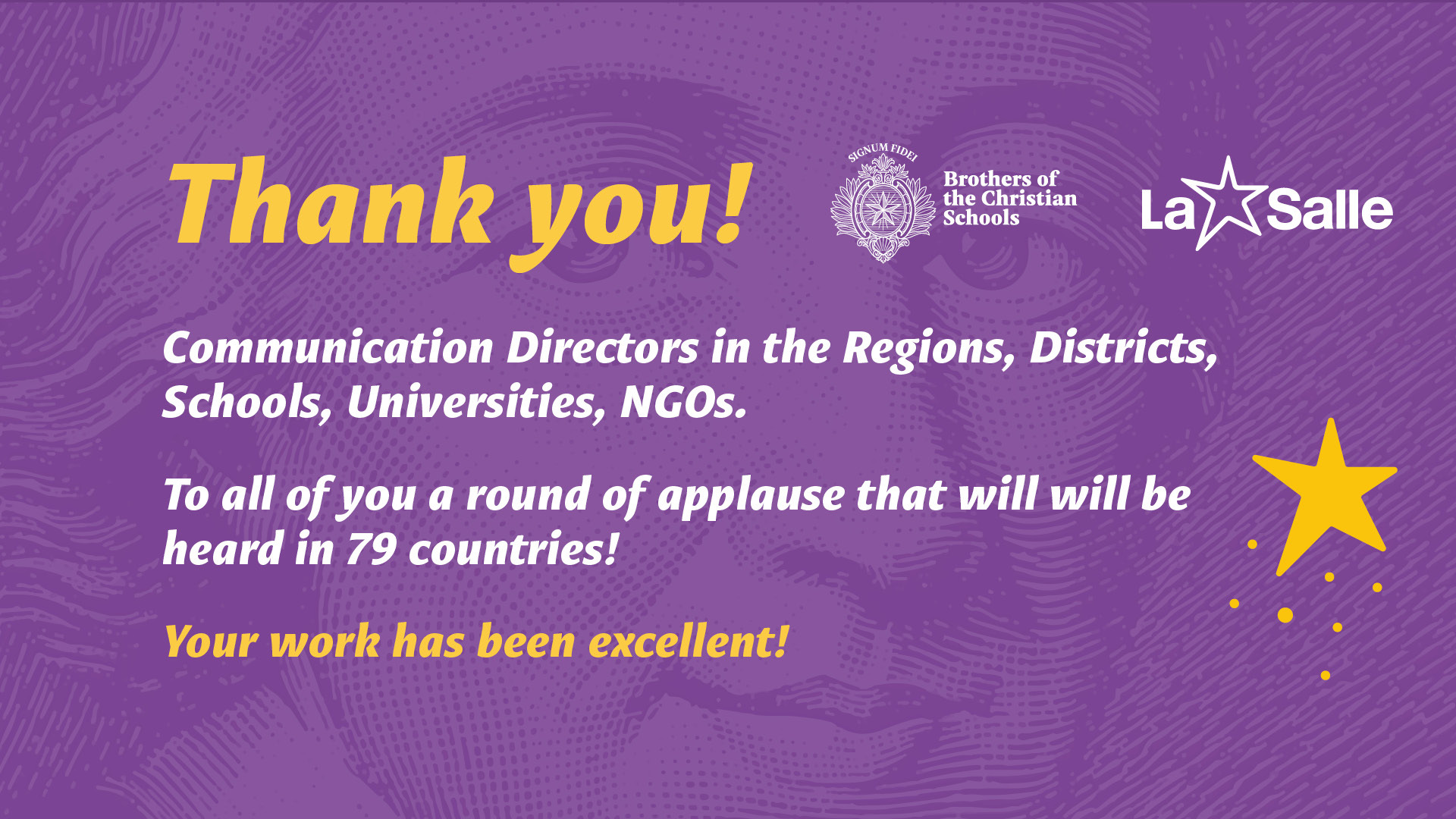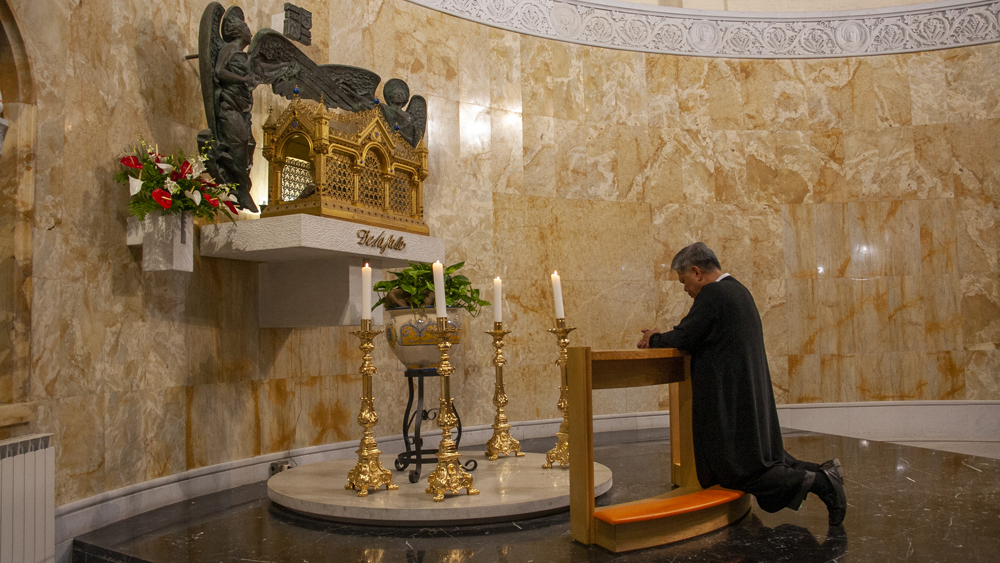Being Signs of Courageous Hope
Bryan N. Massingale, S.T.D.
5 de mayo de 2022
Extract from his remarks during the 46th General Chapter.
Hope
Our faith tradition has valuable understandings of hope to retrieve. Hope is that inner orientation of the human spirit that sustains one in the quest for a non-guaranteed future in the face of formidable obstacles.7 Hope keeps us moving toward the future when all we can see and experience are the severe challenges to its realization.
But we have to be careful. “Hope” is not the same as “optimism.” Hope is not a belief in inevitable success. After all, if success is guaranteed, you don’t have to hope forit. As the Czech essayist and former president Vaclav Havel puts it, hope “is not the conviction that something will turn out well, but the certainty that something makes sense, regardless of how it turns out.”
To put it another way: Optimism is the mindset that good always triumphs over evil, and sooner rather than later. Optimists believe that victories are low-cost. Optimism believes in quick solutions, easy victories, and happy endings.
Hope is very different. Hope believes that good ultimately prevails over evil . . . but
not always. The ultimate victory often comes at a terrible cost; many of the righteous Will pay a very high price. This kind of hope is expressed in the words of Arthur Falls, an African American civil rights activist and a member of the Chicago Catholic Worker in the 1960s who, when asked what gave him hope in the struggle for justice, he replied: “When you work for justice, you don’t always lose.”
You don’t always lose. That’s Christian hope. Christian hope is grounded in the
resurrection. The resurrection was not the last minute rescue of Jesus; it is not a narrow escape from death or a close brush with tragedy. Jesus died. Full stop. Good did not prevail on Good Friday. The resurrection is about what God can bring forth out of tragedy, failure, and death.
Hope sustains us in the dying that is necessary to rise to new life. A general chapter
marks a new moment in the life of the Brothers. But to answer the summons to go to new places, to answer the charge given to Peter in last Sunday’s gospel “that another will lead you where you would not go” (John 21), you need hope. There is a risk in going to the periphery. There is a risk in creating new structures, new ways of living and thinking. You need to surrender the former things. Resurrection hope sustains us where facile optimism fails us. Resurrection hope enables us to risk new understandings of religious life knowing that human failure is not the end, but the prelude to possibilities beyond our ability to dream. The resurrection is the basis of our hope.
Hope comes from realizing that we are part of a “relay race,” part of the tradition of justice-seekers. You are but a part of a chain of Brothers, a tradition that began over 340 years ago. You inherit the baton from those who have gone before. We do our part, running our leg of the race as it were, making our contribution, and no more. We may not cross the finish line. We most likely will not be the runners who break the tape. We may not see the future that we long for and act on behalf of. And yet we act now for the sake of those who ran before us and for those who will come after us. We run our leg of the race; we do our part; and then we trust in those who will come after. That’s hope
Listen to the full conference on Spotify:
Read the full conference here: (EN)-F. Bryan Massingale-Being signs of courageous hope

